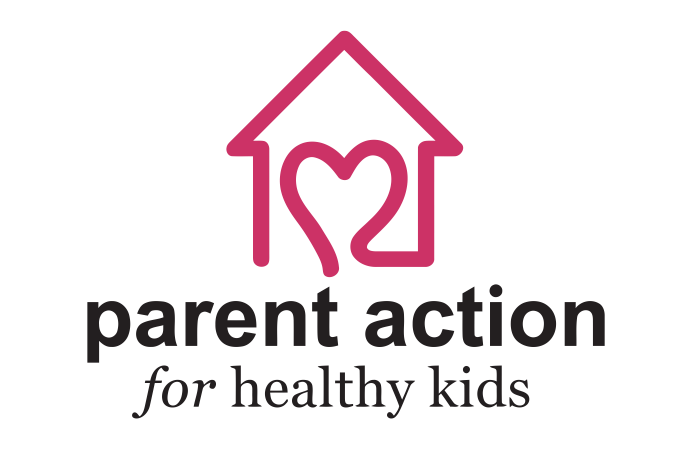Posted January 18th, 2010
According to a Reuters report from May 2009, a new analysis of data from the 2002 National Survey of Family Growth for 1992, 1997, and 2002 finds a “dramatic” drop in the percentage of US teens having sex between 1992 and 2002, concurrent with a noticeable rise in contraceptive use by those who were sexually active. But very recent increases in teen pregnancy, after more than a decade-long decline, indicate that improving teens’ reproductive health remains a challenge.
“We need to continue to focus on this issue into the future to help reduce high rates of teen childbirth in the US, especially since things are trending in the opposite direction right now,” said study author Dr. Jennifer Manlove of Washington, D.C.-based Child Trends.
The aim of the study was to investigate the role of family environment, individual characteristics, and relationship types in teen sexual behavior.
According to the researchers, the positive trends – the proportion of sexually experienced 15- to 19-year-olds dropped from 56 percent of girls and 61 percent of boys in 1992, to 47 percent of girls and 46 percent of boys in 2002 – were directly linked to increasing levels of education among parents and a decline in the percentage of teens who had been born to teen mothers.
Other positive trends the analysis showed were an increase in reported contraceptive use at first sex, up from 62 percent of girls and 65 percent of boys in 1992 to 72 percent of girls and 78 percent of boys in 2002. In addition, the data indicated an increasing age at first sex.
The study found no evidence to validate media stories of teens “hooking up” more. “Based on these data we did not see any increases in casual sex,” said Manlove.
The analysis points to what parents can do to help delay teen sex and stop teen pregnancy, the researchers said. While “the sex talk” is important, overall good parent-teen communication is essential, said Manlove. Parents should be clear about their expectations for their teens and encourage them to have goals and aspirations for the future, she said. “I think there’s a lot parents can do,” she said.
The study, “Trends in Sexual Experience, Contraceptive Use, and Teenage Childbearing: 1992-2002,” was published in the Journal of Adolescent Health (2009;44(5):413-423).
**This information has been shared with you by Barb Flis, mother of two and creator of Parent Action for Healthy Kids.


